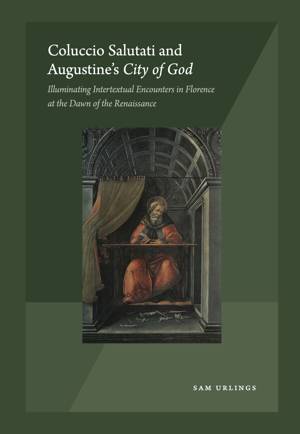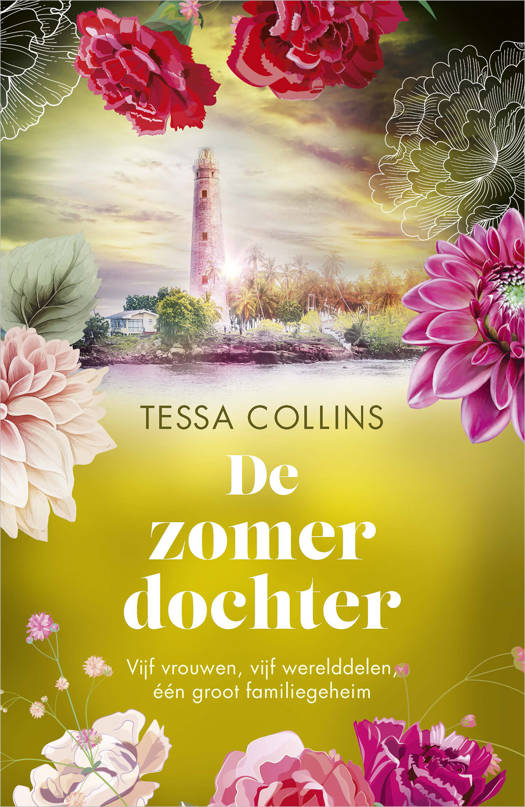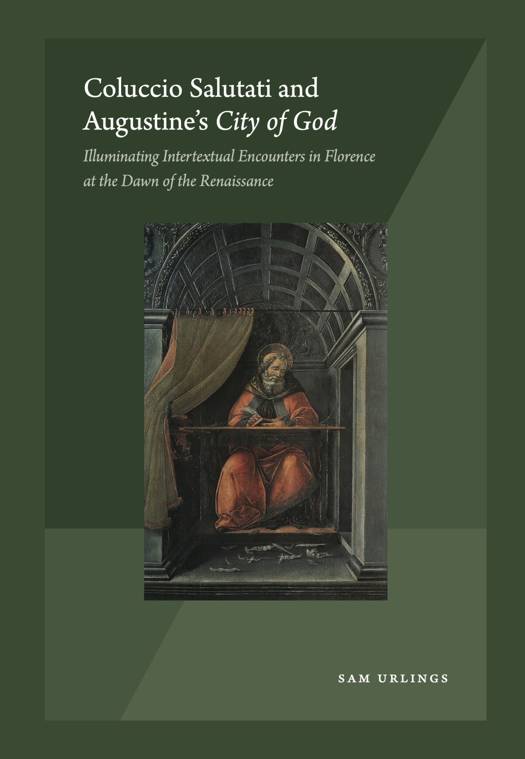
- Afhalen na 1 uur in een winkel met voorraad
- Gratis thuislevering in België vanaf € 30
- Ruim aanbod met 7 miljoen producten
- Afhalen na 1 uur in een winkel met voorraad
- Gratis thuislevering in België vanaf € 30
- Ruim aanbod met 7 miljoen producten
Zoeken
Coluccio Salutati and Augustine's City of God
Illuminating Intertextual Encounters in Florence at the Dawn of the Renaissance
Sam Urlings
€ 154,45
+ 308 punten
Omschrijving
In late-Trecento Florence, the cradle of the Italian Renaissance, humanist and chancellor Coluccio Salutati found himself face to face with the "holy spirit" that was, to him, the influence of Augustine's towering City of God - the Church Father's masterly synthesis of late antique secular and religious thinking. Through an analysis of contextual elements and a close reading of Salutati's major literary works, Sam Urlings brings to light the unexplored yet profoundly significant intertextual encounter that shaped Florentine thinking on the culpability of Lucretia, the active and contemplative life, divine foreknowledge, the nature of government, and the theological power of poetry. In doing so, Coluccio Salutati and Augustine's City of God challenges previously held assumptions regarding Renaissance "Augustinianism" on the one hand, and the chancellor's civically-engaged thinking on the other, proposing a new, synthetic vision that allows for Salutati to illuminate and defend his faith while engaging intensely with the pressing political issues of his time.
Specificaties
Betrokkenen
- Auteur(s):
- Uitgeverij:
Inhoud
- Aantal bladzijden:
- 288
- Taal:
- Engels
- Reeks:
- Reeksnummer:
- nr. 1
Eigenschappen
- Productcode (EAN):
- 9789464447682
- Verschijningsdatum:
- 1/06/2023
- Uitvoering:
- Hardcover
- Formaat:
- Genaaid
- Afmetingen:
- 160 mm x 230 mm
- Gewicht:
- 612 g

Alleen bij Standaard Boekhandel
+ 308 punten op je klantenkaart van Standaard Boekhandel
Beoordelingen
We publiceren alleen reviews die voldoen aan de voorwaarden voor reviews. Bekijk onze voorwaarden voor reviews.













